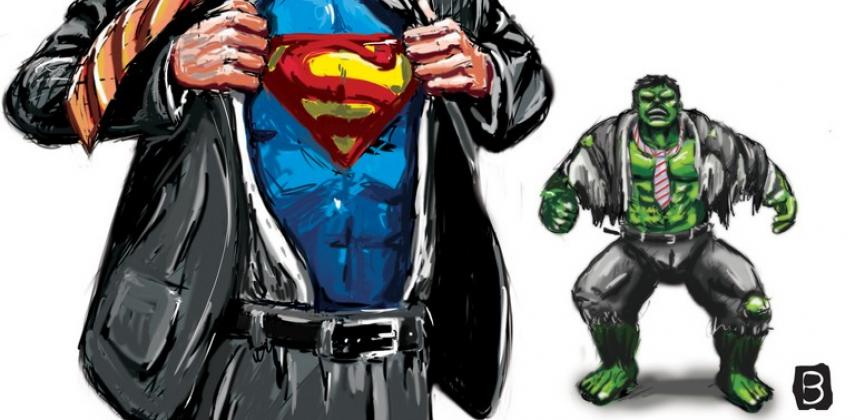In
Menacing adversity is, of course, on the horizon for many business leaders in Hong Kong, so this work is certainly timely. But is it any good?
Yes. Menkes gets the CEOs featured and interviewed here to really open up. Perhaps all the more so, because, as a consultant with an executive search company (Menkes' day job), he's got the goods on these masters of the universe already.
Therefore, we're spared all the usual truisms and tired old adages about how to succeed in business during hard times. Instead we get the nitty gritty: candid, never-before-shared yarns that might give shareholders cardiac palpitations, but certainly make for engaging reading.
Tough choices, like omelette, require breaking a few eggs, as well as shattering a few egos. That's how these ballsy leaders reached the apex.
Even more gratifyingly, we learn about failure - as in how to avoid it. Failure is, of course, a guilty pleasure in the business community, but only when it's other peoples'.
Menkes takes the reader frame by frame through a series of slow-motion leadership train wrecks, explaining why these leaders freaked out at moments in which other, more adept, CEOs would have kept their nerve.
The business leaders who crumpled under pressure are not named - Menkes is merciful - but their downfalls are well-described.
Drawing on in-depth interviews with dozens of executives from an America-centric array of companies (including Avon, Yum Brands, Southwest Airlines, and Procter & Gamble) and a wealth of other data, Menkes reveals that great executives strive ferociously to maximise their own potential. We all know that. But then he gives us what we came to this book for: what factors make for the difference between the victorious corporate generalissimos and the defeated ones.
Three things, Menkes asserts. Firstly, "realistic optimism". They recognise the risks threatening their organisation's survival, in addition to their own failings, while remaining confident in their ability to prevail.
Secondly, through "subservience to purpose". These winners dedicate themselves to both pursuing a noble cause and winning their team's commitment to that cause.
And thirdly, through "finding order in chaos". The shrewdest leaders find clarity amid the daily business noise by eschewing surplus data, and swiftly arriving at the key conclusions that matter most to the company.
The good news: these three capabilities can be learned. Menkes demonstrates how each of these tools manifests itself in the real world, and empowers top performers, even under crushing duress. He also shows readers how to develop and deploy those attributes - by means of timed self-assessment exercises - so they too can transform themselves into a player who shines brightly under intense heat, rather than one who turns into ash. One really has to apply oneself though. This is not a text for wimps.
The corporate-leadership genre often casts back to ancient China for timeless wisdom, and Menkes cannot resist this temptation either. Usually, it is Sun Tzu's
Better Under Pressure provides formidable support for the reader - the insider knowledge of high-flying C-suite talent evaluator Menkes, plus a little Taoist pragmatism, plus some sound business fundamentals, and plenty of encouragement and guided instruction.
Menkes would have included Lady Luck, too, if he could. But that element is up to fate. Still, this book may well strengthen the sharp reader and improve his company's odds against another global financial crisis.


